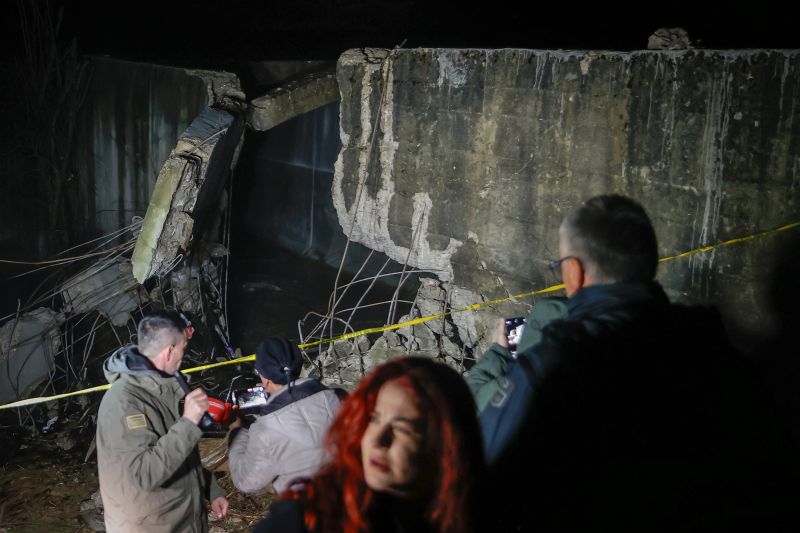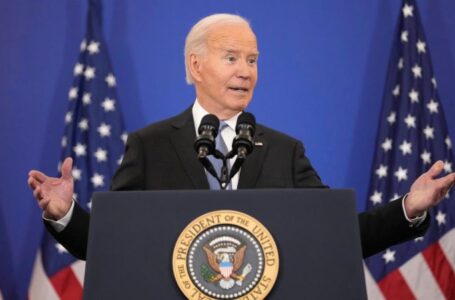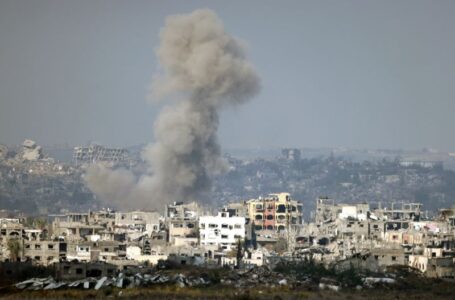Highlights from President-elect Donald Trump’s 1st Inauguration Day; what to expect from Monday
Explosion damages canal feeding Kosovo power plants; PM alleges Serbian ‘terrorist attack’


Pristina, Kosovo (Reuters) – An explosion on Friday evening damaged a canal in northern Kosovo supplying water to two coal-fired power plants that generate nearly all of the country’s electricity, Prime Minister Albin Kurti said, blaming what he called “a terrorist act” by neighbouring Serbia.
There were no immediate reports of injuries and the cause of the blast, which also impacted drinking water supplies, was not clear. Serbian officials did not respond to requests for comment, and Reuters found no immediate evidence of Belgrade’s involvement.
“This is a criminal and terrorist attack with the aim to destroy our critical infrastructure,” Kurti said in a televised address. He said that some of the country could be without power if the problem is not fixed by morning.
In a sign of ethnic tensions between the two Balkan countries, Kurti echoed Kosovo President Vjosa Osmani by blaming Serbian criminal gangs without providing proof.
Earlier on Friday, Kosovo police announced increased security measures after two recent attacks where hand grenades were hurled at a police station and municipal building in northern Kosovo where ethnic Serbians live. It was not clear if the incidents were linked.
Local media showed pictures of part of the canal destroyed and leaking water and a heavy police presence at the site.
Faruk Mujka, the head of water company Ibar-Lepenci, told local news portal Kallxo that an explosive device was thrown into the canal and damaged the wall of a bridge.
He said the water supply, which also feeds drinking water to the capital Pristina, must be halted to fix the problem as soon as possible since it was the main channel for supplying Kosovo Energy Corporation (KEK), the country’s main power provider.
Independence for ethnic Albanian-majority Kosovo came in 2008, almost a decade after a guerrilla uprising against Serbian rule. However tensions persist, mainly in the north where the Serb minority refuses to recognise Kosovo’s statehood and still sees Belgrade as their capital.
The EU’s Kosovo ambassador, Aivo Orav, condemned the attack that he said was already “depriving considerable parts of Kosovo from water supply”.











